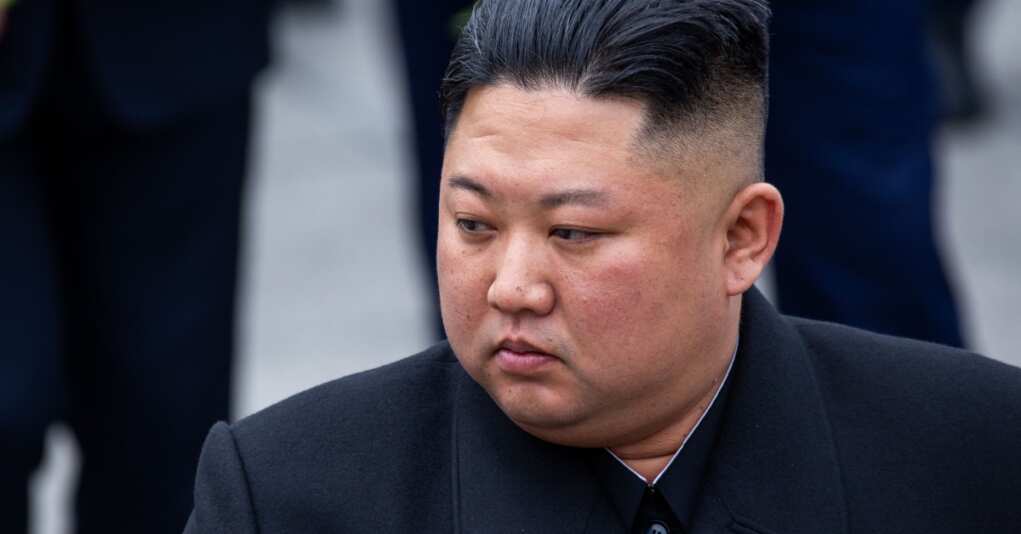Korean Tyrant’s Ruthless Response: Officials Executed Over Flood Failures

In yet another display of brutal authoritarianism, reports out of Seoul suggest that North Korean despot Kim Jong Un has orchestrated the executions of up to 30 high-ranking government officials following the disastrous summer floods that ravaged the country.
According to sources cited by TV Chosun, an astonishing 20-30 senior bureaucrats (“cadres”) responsible for overseeing affected regions faced firing squads simultaneously towards the end of last month. An anonymous insider revealed to the network, “Twenty to thirty cadres in the flood-stricken area were executed at the same time late last month.”
Meanwhile, Pyongyang’s propaganda arm, the North Korean Central News Agency (KCNA), confirmed Kim’s decree demanding harsh retribution, stating he instructed authorities to “strictly punish” those deemed accountable for the catastrophe.
As tens of thousands suffered through one of the worst natural disasters in recent memory – which claimed lives, destroyed infrastructure, and displaced families en masse – Supreme Leader Kim Jong Un took aim at subordinates rather than accepting responsibility or acknowledging systemic failures within his regime. The self-proclaimed leader attributed blame squarely on bureaucratic incompetence, lamenting what he termed “the casualty that cannot be allowed”.
Furthermore, during an inspection visit to hard-hit areas earlier this month, Kim bizarrely accused democratic neighbor South Korea of spreading disinformation about the scale of devastation wrought by the floods. This supposed deception earned the scornful label of both a “smear campaign” and a “grave provocation”, according to KCNA transcripts capturing his remarks.
Despite humanitarian assistance being proffered by major international players like China, Russia, and yes, even estranged rival South Korea, the isolationist DPRK steadfastly refused external help amid escalating inter-Korea animosity. In characteristic fashion, Kim chose instead to consolidate power via fear-mongering intimidation tactics.
It is essential we recognize these disturbing developments not only as further evidence of the Hermit Kingdom’s human rights atrocities but also its entrenched unwillingness to prioritize citizens’ welfare above political dogma and control. As free nations look upon this unfolding tragedy, they must confront head-on the grave implications arising when unchecked totalitarian regimes wield absolute authority without accountability
